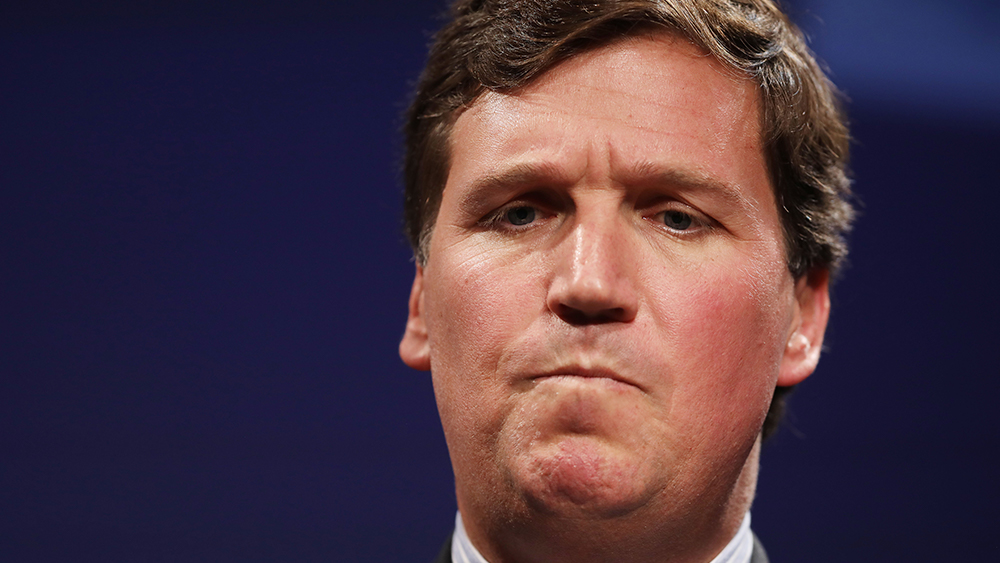
Governments have to rethink their strategies for preventing the spread of the Wuhan coronavirus (COVID-19) and cease relying solely on failed policies such as mask mandates, according to a new analysis from the Heritage Foundation.
In a report published Dec. 27 on the foundation's website, authors Doug Badger and Norbert Michael said that the 25 counties with the highest number of new COVID-19 cases enforce rigorous mask mandates. All counties but one already have their mandates in place before the number of infections had started to soar nationwide, showing that mask orders failed to curb the surge in cases.
Given these findings, Badger and Michael encouraged governments to undertake more effective interventions such as enabling nationwide screening to augment current policies directed at stopping the COVID-19 pandemic.
Mask mandates and lockdowns not enough to address pandemic
In a section of their report, Badger and Michael examined whether jurisdictions that implement mask mandates were able to stop the surge in COVID-19 cases using data from USAFacts, a nonpartisan data compiler used by the Centers for Disease Control and Prevention and other federal agencies.
The data showed that the United States saw an increase of 8.8 million COVID-19 cases from Oct. 1 through Dec. 13. The 25 counties with the highest new case totals had a mask mandate, with all but one implementing the directive prior to October. Meanwhile, 21 of the 25 counties implemented mandates even before August.
In addition, 97 of the 100 counties with the highest new COVID-19 cases had either a county-level mask mandate, a state-level mandate or both. The 100 counties represent nearly 40 percent of all cases in the United States and account for under 40 percent of the country's total population.
Eighty-seven of the 97 counties began their mask mandate before October. In the remaining 10 counties, five issued their mandate in October while the other half did so in November. The pair pointed out, however, that a number of the mandates enforced in October or November represented even stricter controls than had previously been in place in the counties.
All told, Badger and Michael concluded that while their findings do not deny the efficacy of mask-wearing, their analysis points "to the inadequacy of public health strategies that rely predominantly on lockdowns and mask mandates." (Related: Face masks make it harder to hear, affect social interaction.)
That being said, the authors urge governments to explore more effective interventions such as protecting nursing home residents, enabling nationwide screening through the widespread use of rapid self-administered tests and establishing voluntary isolation centers.
Experts call mask mandate unconstitutional
The study comes as Democratic presidential hopeful Joe Biden expressed enthusiasm for imposing a nationwide mask mandate should he get formally elected as the president next year. Biden frequently calls mask-wearing a "patriotic duty" and floated the idea of instituting a nationwide mask mandate even during his presidential campaign.
"On the first day I'm inaugurated, I'm going to ask the public for 100 days to mask. Just 100 days to mask – not forever, just 100 days. And I think we'll see a significant reduction" in the transmission of the virus, Biden said in early December.
But Republican Rep. Ted Budd said that a national mask mandate runs counter to the constitution and would certainly face tough bipartisan opposition in Congress. Budd also noted: "Aside from the fact that a nationwide mask mandate is unconstitutional, I think the American people are smart enough to know when they need to wear a mask and when they don’t."
Republican Rep. Andy Harris, a practicing anesthesiologist, said he would oppose such a mandate because it is unconstitutional and has no scientific basis. "There just really is no evidence that a mandate absolutely would make a huge difference," Harris said, noting that he prefers social distancing and protecting the vulnerable over mask mandates. (Related: Biden wants to implement a nationwide mask mandate, but can he do it without legal pushback?)
Harris also pledges his support for the Great Barrington Declaration, a statement in opposition to current lockdown policies written by public health experts at Harvard University, Stanford University and University of Oxford during an American Institute for Economic Research meeting in Great Barrington, Massachusetts.
The declaration read, "Current lockdown policies are producing devastating effects on short and long-term public health," including fewer cancer screenings, worsening cardiovascular disease outcomes and deteriorating mental health. Since the statement was posted online on Oct. 4, nearly 40,000 medical practitioners and more than 13,000 medical and public health scientists have signed the Great Barrington Declaration.
For more articles about the government's unconstitutional pandemic policies, visit Pandemic.news.
Sources include:
Please contact us for more information.




















